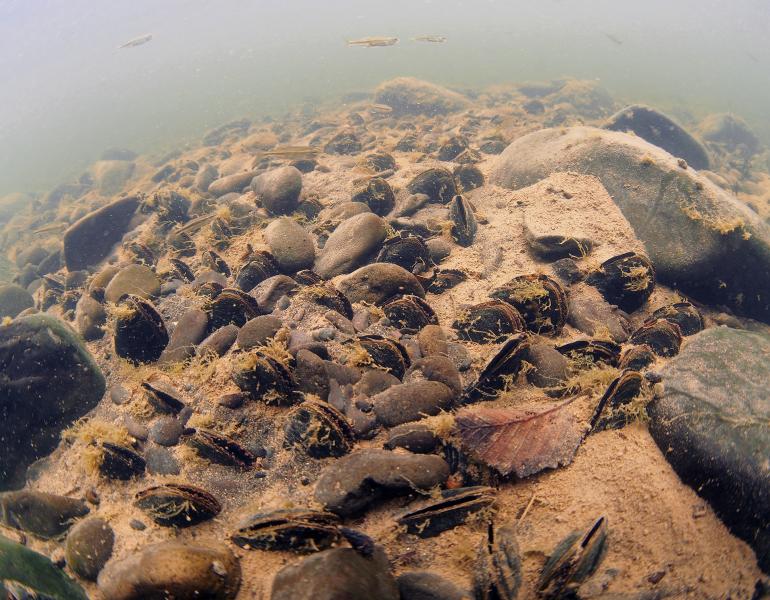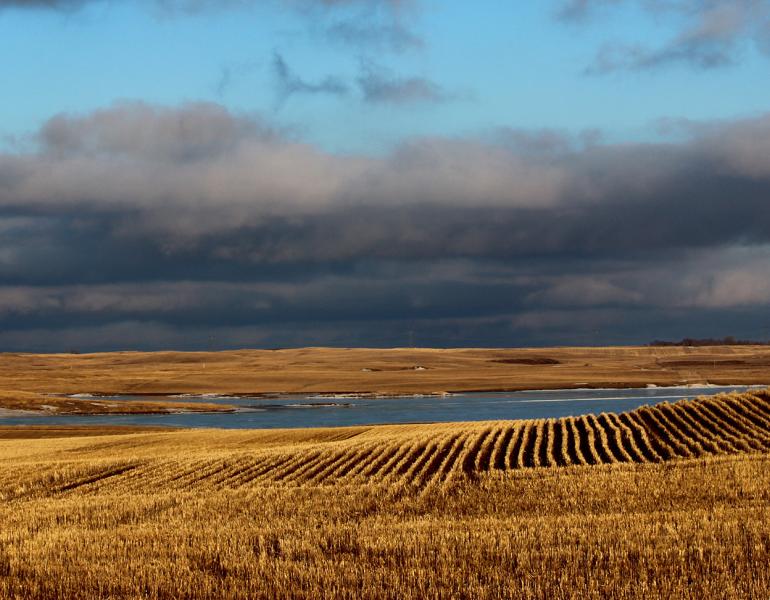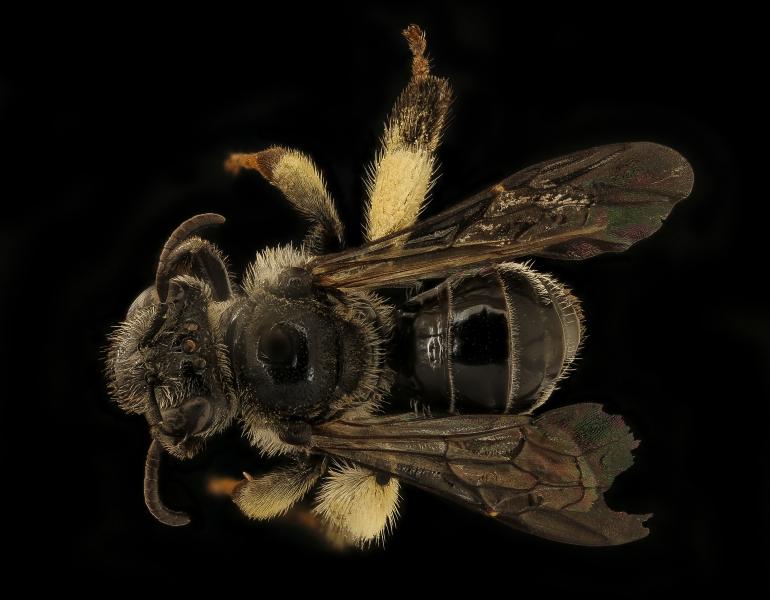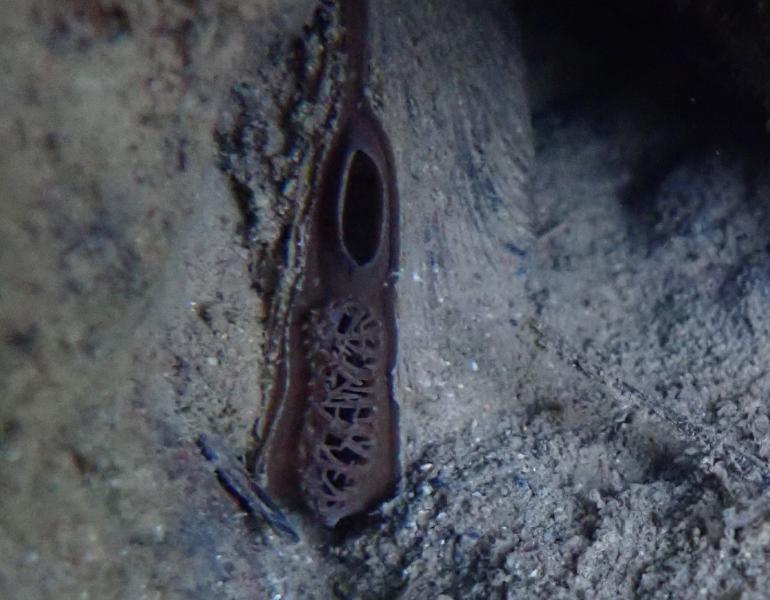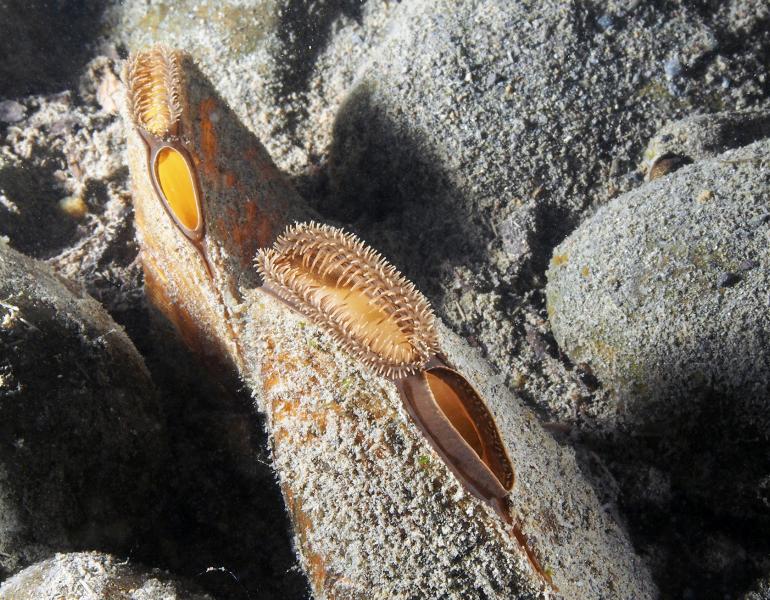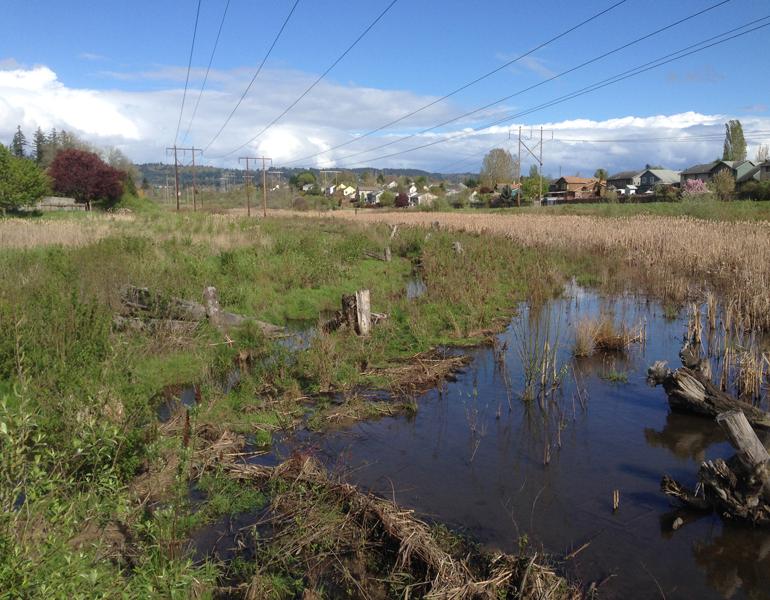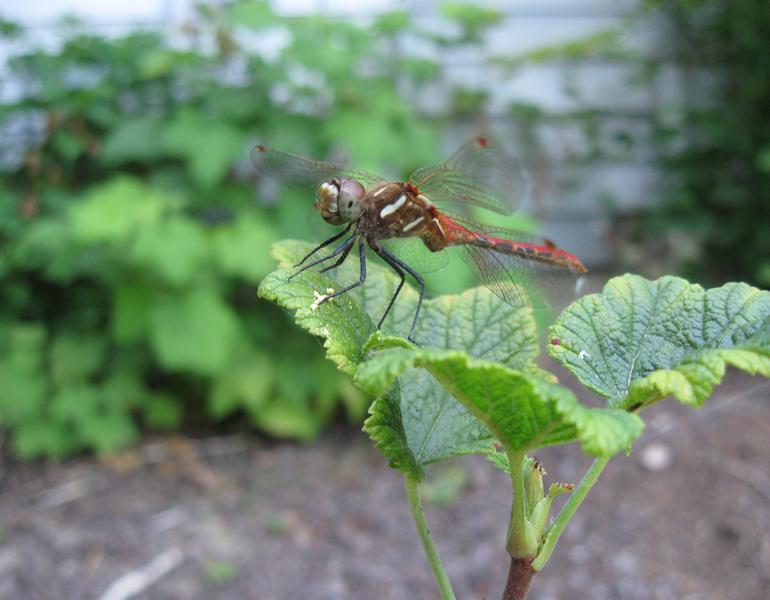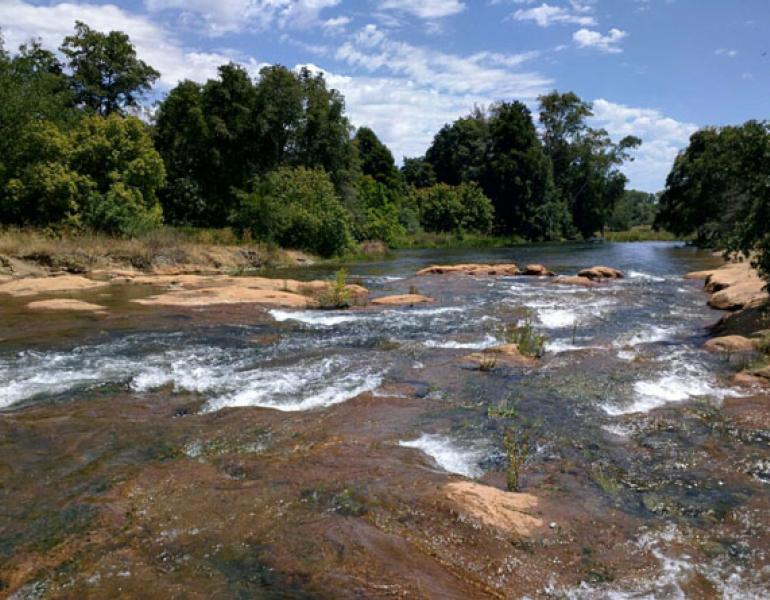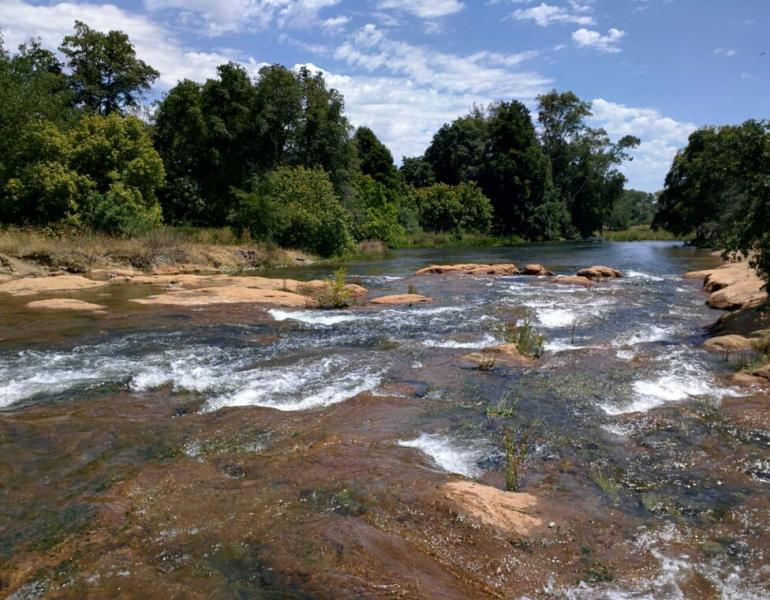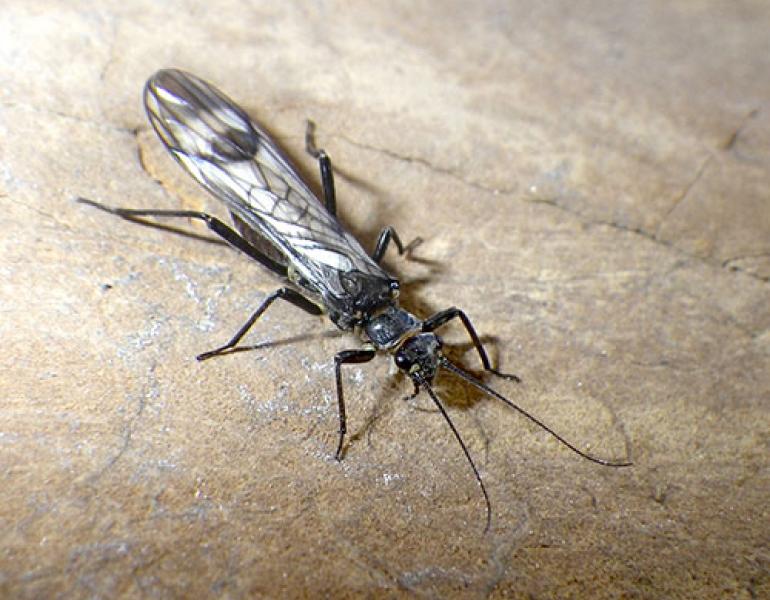In a race against climate change as it warms high alpine streams, Senior Endangered Species Conservation Biologist Candace Fallon describes the ongoing hunt for an elusive stonefly, the northern forestfly. Cold-adapted alpine species like the northern forestfly are particularly threatened by extinction due to their patchy distributions, limited dispersal abilities, and reliance on cold water habitats. Fortunately, the increased survey efforts that Xerces and our partners have undertaken over the last few years have resulted in a larger than previously known range and distribution of this species.
Aquatic Invertebrates
The Merit of Mussels
Freshwater mussels share our rivers and enrich our natural and cultural connections. They keep streams clean, provide habitat for other invertebrates, and support fish populations. Despite their importance, they are among the most threatened groups of wildlife and eight species were recently declared extinct.
Insecticide Seed Treatments Threaten Midwestern Waterways
Midwestern waterways are alive with beneficial invertebrates, but these essential species are threatened by a wide variety of contaminants. Xerces has just released a fact sheet that explores how the ubiquitous use of seed treatments affects water quality throughout the Midwest, and the findings are sobering for our aquatic ecosystems.
Wetlands as Pollinator Habitat
A bee that collects floral oils rather than nectar? Yes! The nude yellow loosestrife bee relies on a single species of wetland plant, fringed loosestrife, to supply its nest, demonstrating the importance of protecting, restoring, and managing wetland habitats.
Working from the (river) bottom up to conserve the western ridged mussel
The western ridged mussel is one of just a few species of freshwater mussels native to North America west of the Continental Divide. This mussel can live for many decades in our rivers and streams, and is the only living member of its genus, making it unique among North America’s freshwater mussel fauna. Sadly, the western ridged mussel has declined over much of its range and faces numerous threats where it still occurs, bringing it to the point where it is at risk of extinction.
Are Freshwater Mussels in Hot Water?
Freshwater mussels play an important role in maintaining water quality in creeks. Climate change is altering water conditions, impacting the mussels and the fish on which they rely for part of their life cycle.
Reflections and Exhortations on the Anniversary of the Clean Water Act
Although the future of our nation’s water is currently murky, we still have time to make things right. We have the past successes of the environmental movement for inspiration, and the research and recommendations of hundreds of modern scientists to strive toward.
Scientists Urge Action to Protect Waters from Neonicotinoid Insecticides
Will California’s regulators take steps to curtail neonicotinoid water pollution? If they take the advice of scientists, they will.
How Our Gardening Choices Affect the Health of Our Waterways
Pesticide Program Director Aimee Code shares thoughts on her garden, information about pesticide impacts to our watershed, and news about upcoming Xerces projects in this article from Wings Magazine.
California Halts Consideration of New Uses of Neonicotinoids in the State
This week the California Department of Pesticide Regulation announced that, effective immediately, DPR will not consider applications for any new uses of a class of neonicotinoid insecticides that includes the most widely used neonicotinoids.
New Fact Sheet Highlights Risks to California’s Surface Water from Insecticides
Neonicotinoids have been found in California’s rivers and streams at levels known to harm or outright kill aquatic invertebrates.
In a rapidly warming climate, imperiled species may have nowhere to run.
Making their home in the aquatic alpine ecosystem in the highest elevations of Glacier National Park, Montana, the western glacier stonefly depends upon rapidly disappearing glaciers for its survival. Will it be the first species to go extinct as a direct result of climate change?

